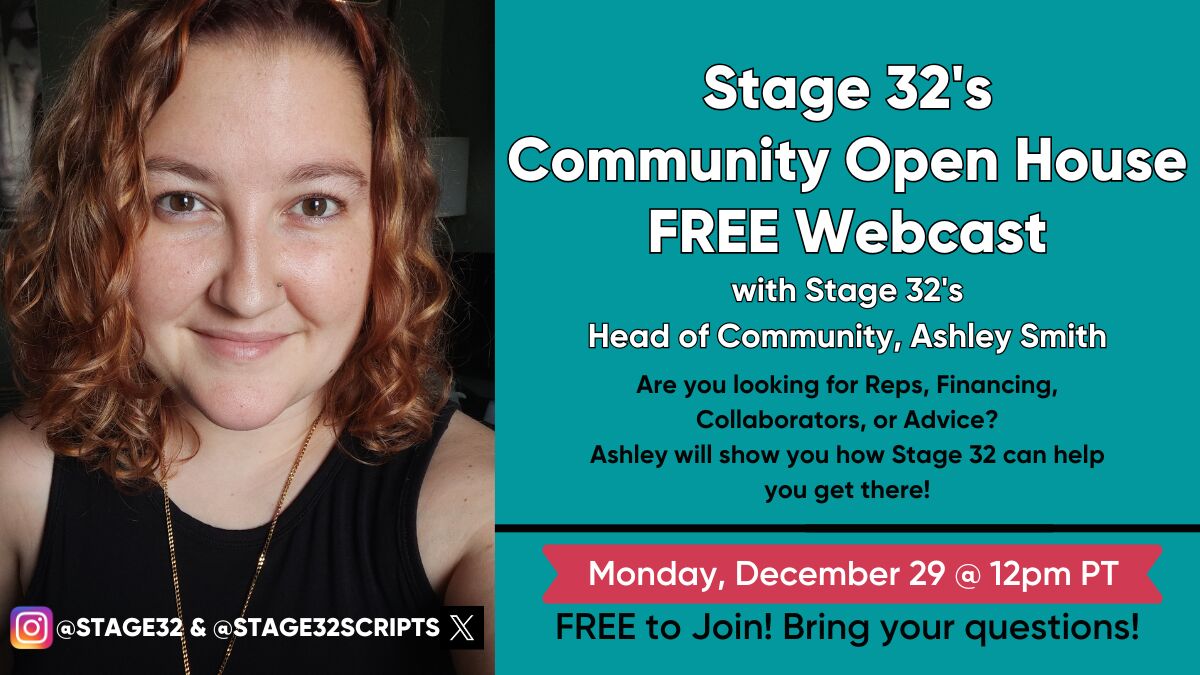One of the biggest challenges for authors is maintaining momentum throughout a story- keeping the reader engaged from the first page to the last.
Some authors swear by cliffhangers at the end of each chapter, while others rely on deep character development, immersive world-building, or unexpected twists.
What strategies do you use to make sure your readers stay invested? Do you focus on pacing? Layered subplots? Thematic depth? Share your approach and any techniques that have worked for you!
Let’s exchange ideas and learn from each other’s storytelling methods!




1 person likes this
Great topic, Ashley Renee Smith. Action, twists, and mystery are some of the things I use to keep readers hooked. And sometimes slowly revealing things about the characters, story, and world.
2 people like this
Hi, I don’t think there’s a strict rule—it’s the story as a whole that holds the audience’s attention. Of course, there are the ‘rhythms of emotions,’ but in general, it’s the combination of editing, character development, and narrative structure that comes purely from personal creativity, not from standardized processes, formulas, or schemes.
Surely, knowing the history of cinema and cinematic language, as well as teamwork, are valuable tools, but they’re not everything. The undefined margin remains our ability to imagine—something that has an innate seed, not a learned one
2 people like this
Ashley Renee Smith, I use both mystery and action as cliffhangers for my novels. Even the end of my first novel leaves you wondering...I really need to write that sequel :)
3 people like this
I don't think you need cliffhangers at the end of chapters. In fact, as a reader, too many can become annoying. But you do need a hook--something that will keep your reader from stopping at a scene or chapter ending.
2 people like this
Beautifully said. I couldn’t agree more, Emanuele Vergari. There’s a certain magic that comes from instinct, imagination, and emotional rhythm that can’t be taught or boxed into formulas.
3 people like this
Debra Holland, I totally agree that too many cliffhangers can feel forced or even exhausting. Do you have a favorite type of hook or a technique you like to use that keeps the momentum going without relying on a traditional cliffhanger?
3 people like this
That's a great question, for me I just write what I wanna write and trust that whoever likes it will come back haha. It's like real life for me; I've been told that I'm a lot of fun to be around and even though I don't personally get it I know that that means I'm doing something right haha. So I figure in most cases the best way to do it is to just be yourself. I don't imagine readers like to read something they know is fake, just like they don't like dealing with people they know are fake in real life.
3 people like this
I agree completely Banafsheh Esmailzadeh! That is a wonderful mindset to have. Especially for the creative process.
2 people like this
Thanks, Kat Spencer! Yeah my sense of self is tied quite closely to my creativity so it makes sense that there's overlap :) plus, y'know, as artists I do believe we're all still kids at heart and it's never a bad move to keep that in mind haha
3 people like this
I just wrote and published my first book. I had sold about 15 copies on Amazon and all feedback had been that they love that I keep them wanting to read the next chapter. What I found is cliffhangers. It’s also a story based on true events of my life and It seems to be taking off for me.
I hope one day to inspire others.
2 people like this
Hello everyone. I come from a journalistic background; I believe that everyone has a story to tell. I hear stories every day, in the line at the grocery store, or waiting for a flight at the airport, or sitting next to someone on a plane or at a dinner party. I've always felt like it's my job to "find" the story and to write it. I've written two nonfiction books (both published) and as many screenplay adaptations. I've discovered that people like to tell their stories scene-by-scene---have you ever noticed? As they tell their stories, they often use all of their five senses: sight, hearing, touch, smell, and taste. A few storytellers embellish with a sixth sense as well. I like to capture each scene of a person's story in details. Then I like to play with the chronology. I like to begin with something that has already happened and something that is about to happen. Sometimes, this scene or chapter ends with what some may call a "cliff hanger." Other times, the scene or chapter ends with a question delivered in dialogue, or a thought someone was thinking. I've found that no one ever tells the bare naked truth right away. They bait us, tease us, and challenge us to say: "ask me what happened next?"